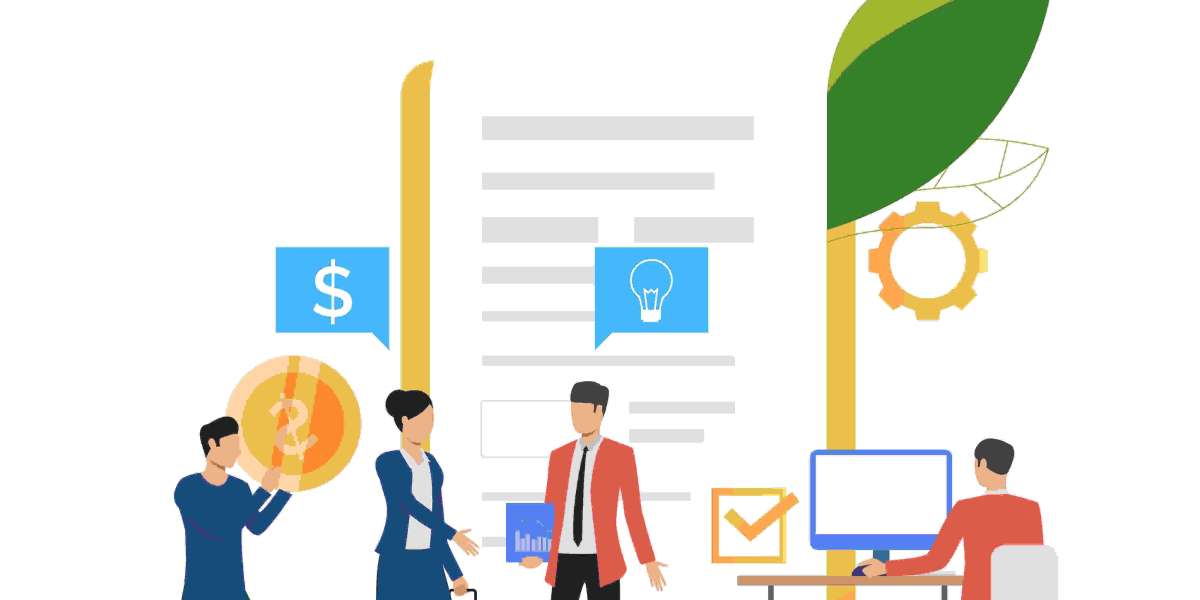In today’s fast-paced business environment, proposal processes need to be more agile than ever before to keep up with changing client demands and requirements. Traditional proposal processes often lack the flexibility and speed required to respond to evolving needs on short notice. Agile methodologies can help proposal teams to better adapt to change and uncertainties. Software tools play a key role in enabling agile ways of working for proposals. This blog discusses how proposal management can become more agile through the use of proposal software solutions.
What is Agile Proposal Management?
Agile proposal management refers to an adaptive, collaborative, and iterative approach to managing proposal processes. The key principles of agile proposal management include:
Responsiveness to Change: An agile approach allows proposal teams to respond quickly to shifting requirements or other changes during a proposal process. Teams have the flexibility to modify proposals on short notice as needed.
Collaboration: Effective collaboration between all stakeholders such as sales, marketing, product, finance etc. is crucial in an agile environment. Software tools facilitate cross-functional collaboration in real-time.
Iterative Work: Work is broken down into iterative cycles or sprints with integrated feedback. Proposals are developed incrementally with continuous improvement instead of a "big bang" or "waterfall" approach.
Customer Focus: There is continuous engagement with customers to ensure proposals truly meet their needs. Feedback is incorporated iteratively to refine proposals.
The Benefits of Agile Proposal Management
Adopting an agile methodology for proposal processes offers key benefits for organizations:
Faster Time to Market: Iterative development cycles allow proposals to be developed quicker. Problems are identified and addressed early.
Improved Win Rates: Proposals can address changing customer priorities better. Collaborative feedback improves alignment with customer needs.
Reduced Costs: Less rework is required as proposals evolve iteratively. Overall costs are optimized through efficient workflows.
Increased Flexibility: Teams can pivot nimbly in response to new requests or information. They are not tied to rigid structured processes.
Higher Quality: Continuous refinement improves quality at every stage. Bugs and defects are identified and fixed in iterations.
Better Resource Utilization: Resources are utilized optimally across iterative sprints as workloads can be adjusted.
Enabling Agile Proposal Management with Software
Implementing agile methodologies for proposals requires the right enabling technologies. Proposal management software solutions are especially effective at streamlining workflows and supporting collaboration for agile ways of working.
Key features that software offerings provide:
Collaboration Tools: Tools like commenting, version control, and in-app messaging facilitate real-time collaboration between cross-functional teams.
Flexible Workflows: Configurable workflows allow iterative development and review processes to be set up as needed for different proposal types.
Resource Management: Capabilities like time tracking, workload balancing, and resource allocation across sprints help optimize resource utilization.
Automation: Features like template libraries, autopopulation, and form building automate repetitive tasks to save time and effort.
Dashboards and Reporting: Dashboards provide oversight on proposal status, timelines, resource allocation etc. Detailed reports capture metrics.
Mobility: Cloud-based mobile accessibility allows remote work and collaboration from anywhere using mobile devices.
Customization: Most tools offer configuration options to customize the solution to unique organizational requirements and processes.
Integrations: Integrations with other systems like CRM, content management, billing etc. streamline data and document sharing processes.
Such software empowers agile practices like iterative development, flexible workflows, and enhanced collaboration which are essential for responsive proposal management.
Embracing Agile Methods in Specific Proposal Processes
Let's examine how some key proposal processes can adapt agile principles and methodologies:
Proposal Development
Break development into sprints of 1-2 weeks for rapid iteration
Conduct collaborative reviews at the end of each sprint
Incorporate feedback from review into subsequent sprints
Automate routine tasks like assembling templates
Requirements Gathering
Engage clients regularly through iterative discussion
Capture requirements in software and update frequently
Collaborate on refining requirements over multiple versions
Sourcing Content
Assign dedicated "content grooming" sprints
Continuously refine and improve existing content
Maintain interactive content libraries for easy access
Proposal Review & Approval
Set up streamlined approval workflows and milestones
Conduct checkpoints at end of sprints for early issue spotting
Enable markup and comments for simultaneous reviews
Budgeting & Costing
Set cost targets and track spend across sprints
Calculate and adjust estimates iteratively
Reallocate resources flexibly based on workload
Adapting Specific Roles for Agile Proposal Management
To embrace agile practices, proposal management roles also need to be redefined to enhance collaboration, accountability, and workflows:
Product Owner: Ensures alignment with client goals. Prioritizes work, facilitates daily stand-ups, reviews iterations.
Scrum Master: Coordinates sprints, removes impediments, tracks progress, ensures process adherence.
Proposal Developers: Cross-functional team that develops proposal components in sprints. Collaborates intensely.
Subject Matter Experts: Provide specialized knowledge to team on demand in dedicated sprints.
Stakeholders: Engage regularly, join checkpoints, ensure needs are addressed iteratively. Provide ongoing input.
Managers: Establish agile processes, allocate resources optimally, track metrics, support rapid pivots.
Using such adapted roles and collaborative workflows enabled by technology, proposal teams can implement agile principles very effectively.
Challenges of Adopting Agile Proposal Management
However, switching to agile proposal management also poses some challenges:
Resistance to change from process-oriented teams uncomfortable with ambiguity
Lack of expertise in agile methodologies requiring extensive training
Difficulty breaking from existing rigid processes and hierarchies
Challenges in collaborative decision making for some matrixed organizations
Ensuring consistent iteration length and cadence across distributed teams
Integrating agile practices optimally with existing organizational structures
Measuring success quantitatively for agile approaches needs careful metrics
These challenges require commitment from leadership, effective change management strategies, expertise development, and metric-based optimization over time. But the potential benefits far outweigh the efforts required for adaptation.
Future Outlook
As the pace of business continues rising, the ability to adapt proposals quickly will become even more important. Adopting agile principles of iterative development, collaboration, and flexibility will be essential for proposal management teams to keep up. Leveraging specialized software will play a key supporting role. Features around predictive analytics, AI, and automation are also expected to enhance agile proposal processes in future. With committed efforts, agile methodologies can surely transform how organizations develop and refine their proposals to capture new opportunities.
Conclusion
In summary, to effectively meet evolving client expectations, proposal teams need to move from traditional rigid processes towards more agile approaches. Implementing agile principles with the help of proposal management software tools enables faster response to changes, higher levels of collaboration, and continuous refinement. While change management challenges exist, the benefits of agility ultimately outweigh the costs of outdated practices. Adapting proposal processes iteratively through technology-enabled agile methods is the key to long term success and competitive advantage.
Read More;- https://homment.com/yp8oQEZWCGVqGh9gaWKb








